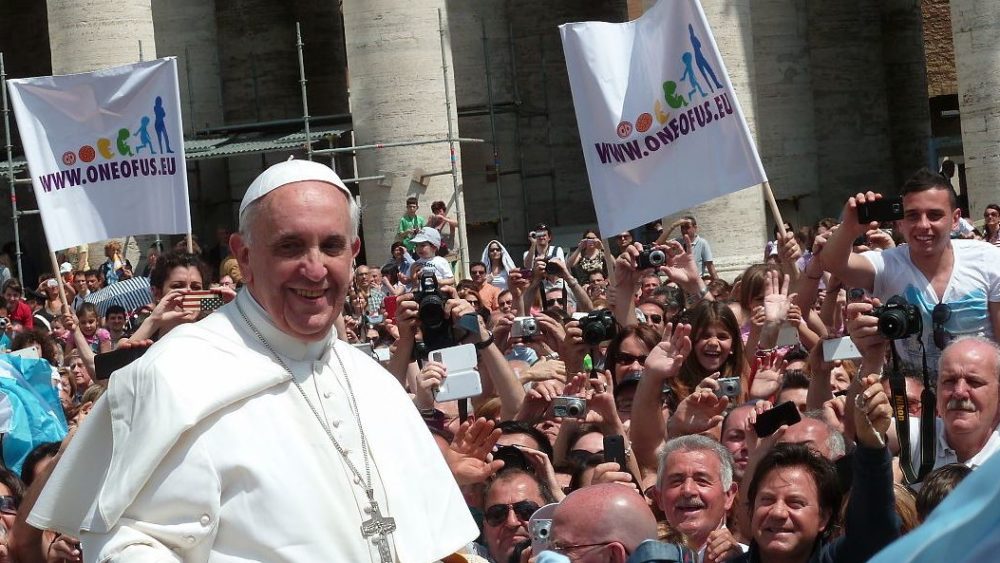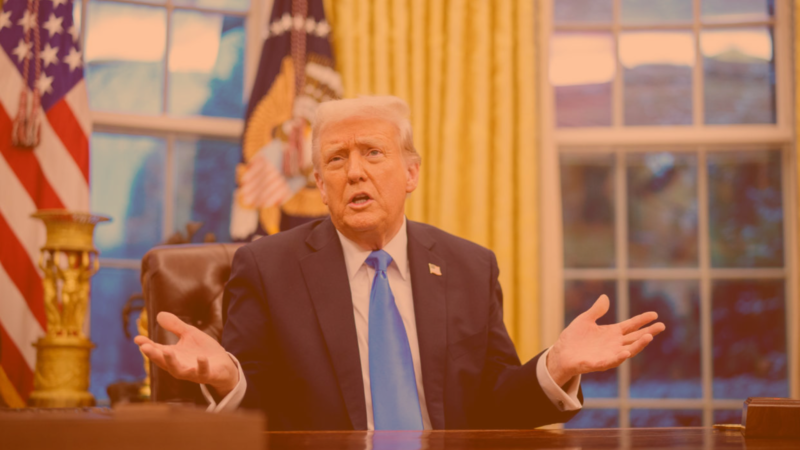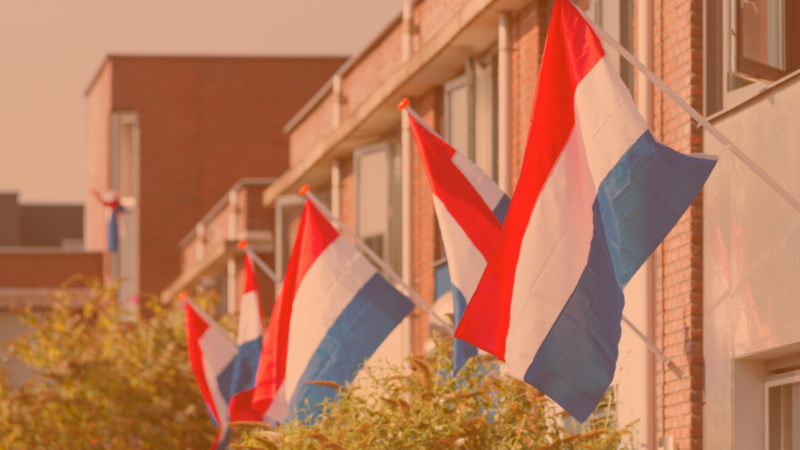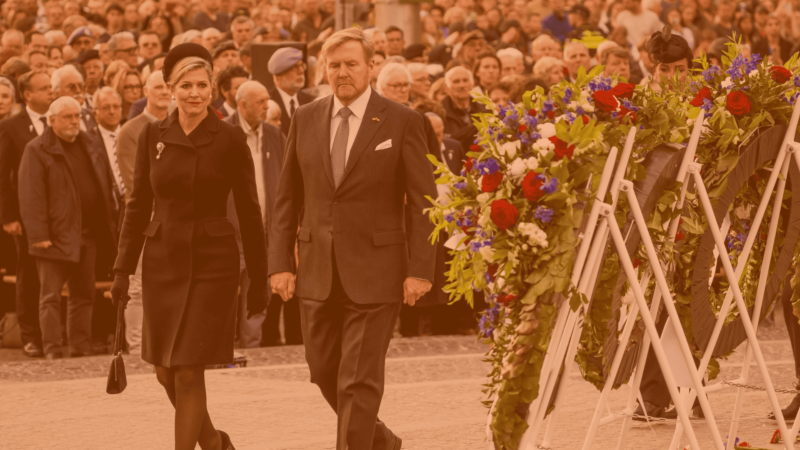Abridged English translation of http://www.katholisches.info/2016/03/31/varoufakis-diem25-und-papst-franziskus/ . Photo by Edgar Jimenez, licensed under CC-BY-SA.
(Rome)
“In the last few days, a bizarre surprise hatched from the Easter edition of Avvenire, a daily newspaper owned by the Italian Episcopal Conference. And that surprise was called Yannis Varoufakis, the controversial economist and former Greek finance minister at the time the country was on the verge of the abyss.
On Holy Wednesday, Varoufakis made a pitstop in Rome to present his new political movement DiEM25. DiEM25 stands for Democracy in Europe Movement 2025. Its motto is: “The EU will either be democratised or it will disintegrate!”.
DIEM25’s aim is to achieve democratisation by 2025.
However, it is not only radicals and extreme left-wingers that support DiEM25, but also the Catholic daily Avvenire, the Italian Episcopal Conference newspaper. On Maundy Thursday, it published an enthusiastic whole-page interview with Varoufakis quoted him in the title:
“Europe has no soul. We stand before the final moral test.”
The former Greek Finance Minister and rising star of the radical left clarified in his own words how the unusual alliance between himself and the Catholic newspaper came about:
“I saw the Avvenire’s analysis by Fazio, the former president of the Italian Central Bank. Excellent! From time to time, there is somebody who proves me right…”
Antonio Fazio, the ex govenor of the Italian Central Bank, criticizes EU Economic Policy.
Varoufakis refers to a two-part article by Fazio published in Avennire two days prior to his arrival in Rome. Fazio who is an economist and a practising Catholic known for his outstanding knowledge of the writings of Thomas Aquinas, had several discussions with journalist Eugenio Fatigante which served as a basis for this article. Fatigante also interviewed Varoufakis.
In the first part, Fazio summarised the history of international and European economic policy during the 20th century in a way easily understood by laypeople. He particularly focused on the hyperinflation in Germany during the Weimar Republic in 1920s.
In the second part, he criticised current EU economic policy which seems to have an “almost crazy” fixation on currency stability only rather than on investment and economic growth. His reservations about Italian entry into the European Monetary Union (1996) and his country’s participation in the Euro introduced in 2002 are well-known .
Fazio’s principle argument is as follows:
“The economic surplus in the balance of payments of certain European countries (Germany as a prime example) should be employed for capital expenditure in their own country or in other EU countries and not be used for financial investments.”
To emphasize this, he referred directly to Varoufakis.
In his opinion, the former Greek finance minister, Yannis Varoufakis who has been severely criticised, understood things better than most. The basis for his argument is: “If, instead of using 300 billion for quantative easing (even if Mario Draghi was doing the right thing within the limits of the law), it should have been used for investment in the economy and not to buy government bonds thus covering an expense which others had already made. Therefore, if 300 billion each year were invested in projects chosen by the European Investment Bank – and the corresponding private bonds were bought by national central banks – then the economic situtation would be immediately improved.”
“This argument is rather controversial”, as Magister notes, and has more to do with an unusual accord between Varoufakis, and his DiEM25 Movement and the Catholic Avennire newspaper on the subject of “spirit” and “morality”.
Furthermore, according to Magister:
“It is notable how close the newspaper of the Episcopal Conference is to the political views of Pope Francis, who is fascinated by what he sees as ‘people’s movements’, e.g. No Global, No Expo, No Tav, No Triv, Occupy Wall Street, Indignados, Cocaleros, in short the, grassroots anti-capitalist movements that have sprung up everywhere. In the speeches which comprise his political manifesto – first the one in Rome in October 2014 and then the one in Bolivia in July 2015 – he saluted these movements as the avant-garde of a new humanity.”
In his apostolic exhortation Evangelii gaudium and his speech at World Meeting of Popular Movements, Pope Francis set forth a tripartite crtique of “our economy” maintaining:
that our economy kills.
that our economy excludes.
that our economy destroys Mother Earth
Alexis Tsipiras had already met Pope Francis in September 2014 in a meeting arranged by the former head of the Austrian Communist Party. The papal confidante, Bishop Marcelo Sanchez Sorondo, applauded when the left radical, atheist philosopher Gianni Vattimo called for a new Papal International under the leadership of Pope Francis, which was to take the place of the former Communist International.
“Therefore, it cannot be excluded, that Varoufakis will also become a privileged guest at the Vatican, following in the footsteps of Jeffrey Sachs who was invited to inspire the Encyclical ‘Laudato si’ and Naomi Klein who was invited to comment on it”, said Magister.
Avvenire is owned by the Episcopal Conference whose secretary-general, Bishop Nunzio Galantino, is the paper s editor and also a close confidant of Pope Francis, who granted him this office. Through Galantino, the newspaper has a direct link to Pope Francis.
In accord with the “Varoufakis theme”, the Avvenire has lately joined the No Triv camp. On April 17th, Italy will hold a referendum in which voters will decide for or against an extension of the natural gas mining concessions in the Adriatic Sea. Even though the Episcopal Conference had asked the faithful to discuss the question with knowledge and restraint without giving a recommendation, since March 18th, the newspaper clearly started taking sides.
According to Avvenire, the decision is clear, which is why any further discussion is unnecessary. A No vote to the extension of further concessions is unquestionably the essential conclusion to be drawn from Pope Francis’s official publications Laudato si and Evangelli gaudium.
Do you want to be informed of DiEM25's actions? Sign up here















